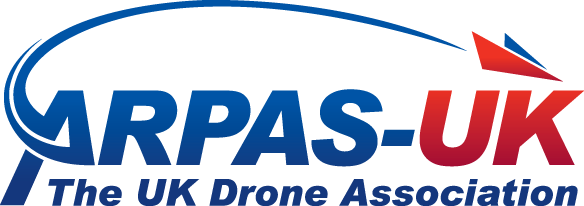We had a meeting with representatives of the CAA’s Shared Services Centre SSC team, and would like to share some useful feedback wrt PDRA01 Application on hold. In terms of process within the CAA:
- The SSC team pre-screens all Operational Applications “OA” in the Specific Category
- The SSC team assess the PDRA01 applications only.
- The SSC team transfers the OSC applications (Case 1, Case2, and special projects) to the RPAS Oversight team.
The top 3 reasons why PDRA01 OA are put on hold by the SSC team are:
1. Inadequate Emergency Procedures. These are detailed in CAP722A 1.4.14 “Emergency Procedures”. It details the events triggering an ERP (loss of control, loss of propulsion, pilot incapacitated etc), the checklist of specific actions undertaken by the RP and the crew to reduce the impact of that particular event (activate RTH, landing etc). It also covers the checklist of actions post event (inform closest aerodromes, and/or emergency services, and/or make immediate note of chain of events, and/or report incident etc).
2. Discrepancies or lack of Flyer IDs, Operator IDs, Remote Pilot Competencies documentation for the organisation and/or the team listed in the Operation’s manual. Remember that the details must match exactly the information in DMARES.
3. Discrepancies in the legal name of the organisation applying for the OA, typically: “legal name registered on Companies House Ltd” trading as “Business Name, or Company name”.
We also noted that the text in the CAA’s response emails can appear as aggressive (“Your application is on hold”, application cancelled if no response after 14 days or if second application fails assessment), especially when the reasons for having an application on hold are not safety-driven or are not clear. The team acknowledged that the emails are standard communications issued automatically, regardless of the reasons.
Going forward, the objective is to have a distinction between:
- Applications being put on hold on safety reasons
- Applications that are processed and approved but with advisory recommendations and best practices that the operator must apply – for reasons that are not safety critical.
By Anne-Lise Scaillierez.
Members only: please share comments below, or by email: [email protected].

